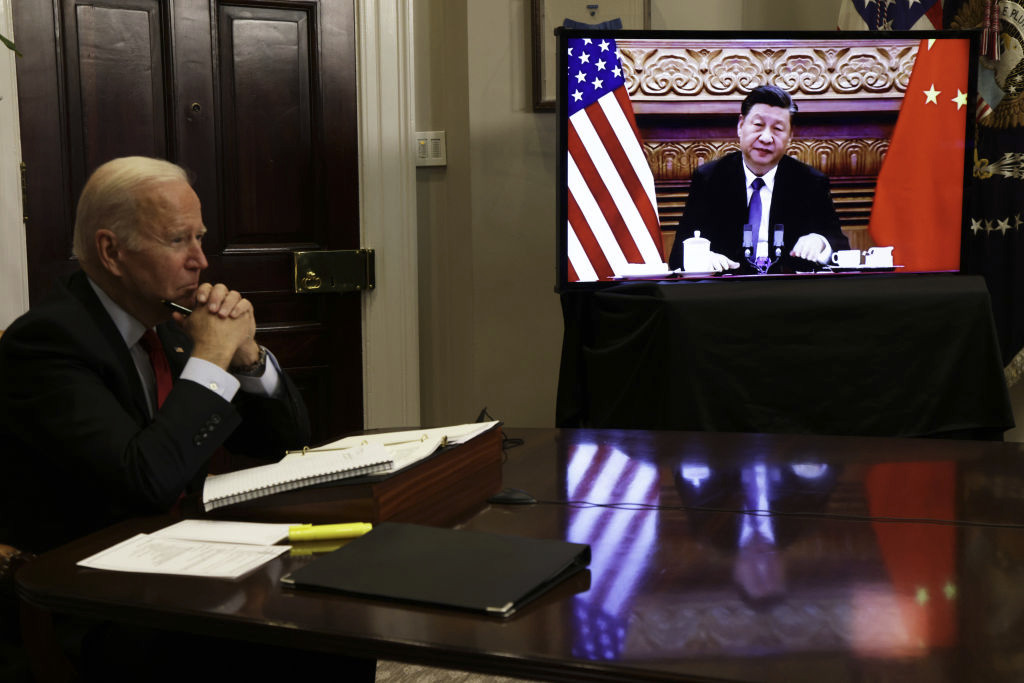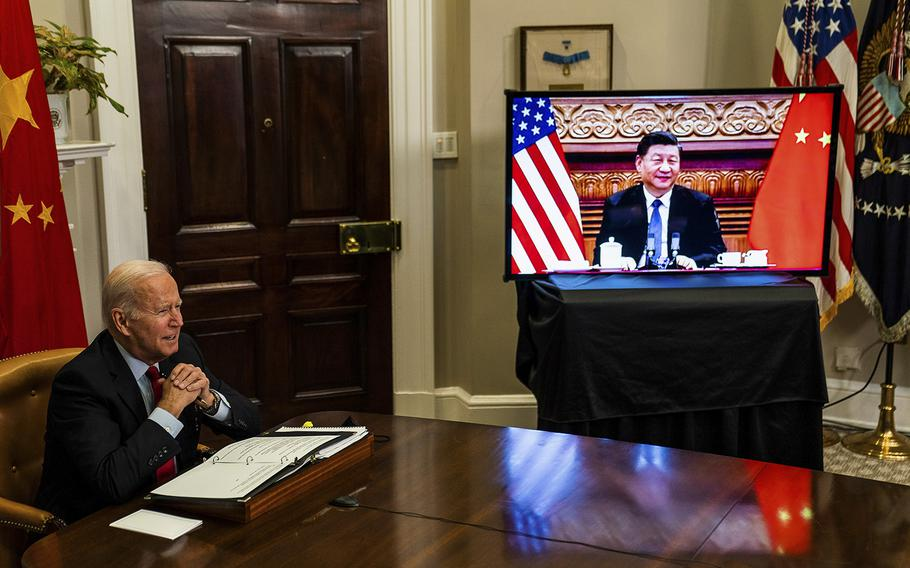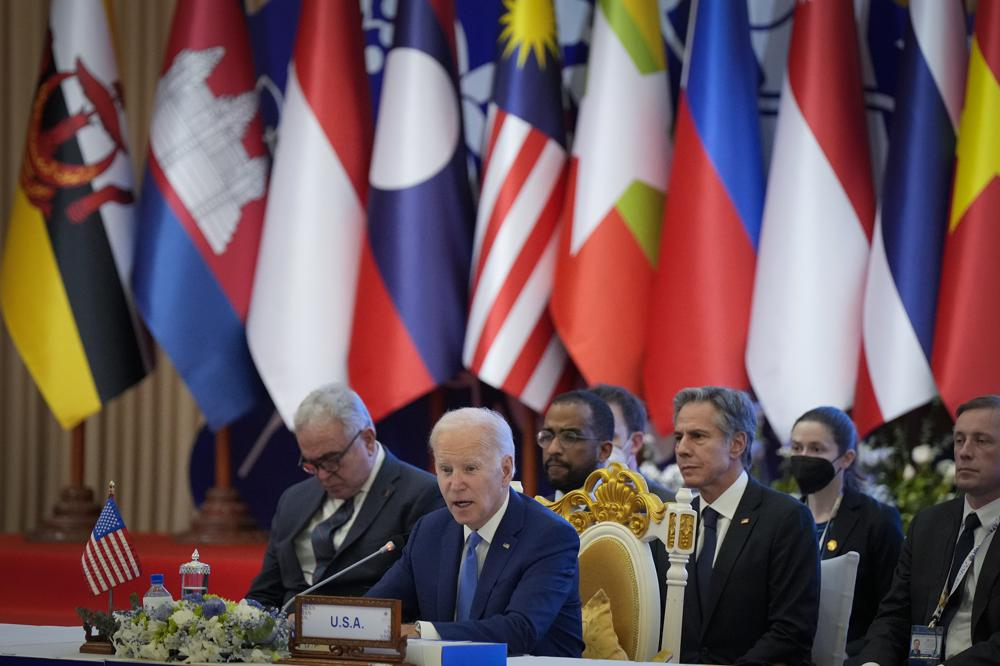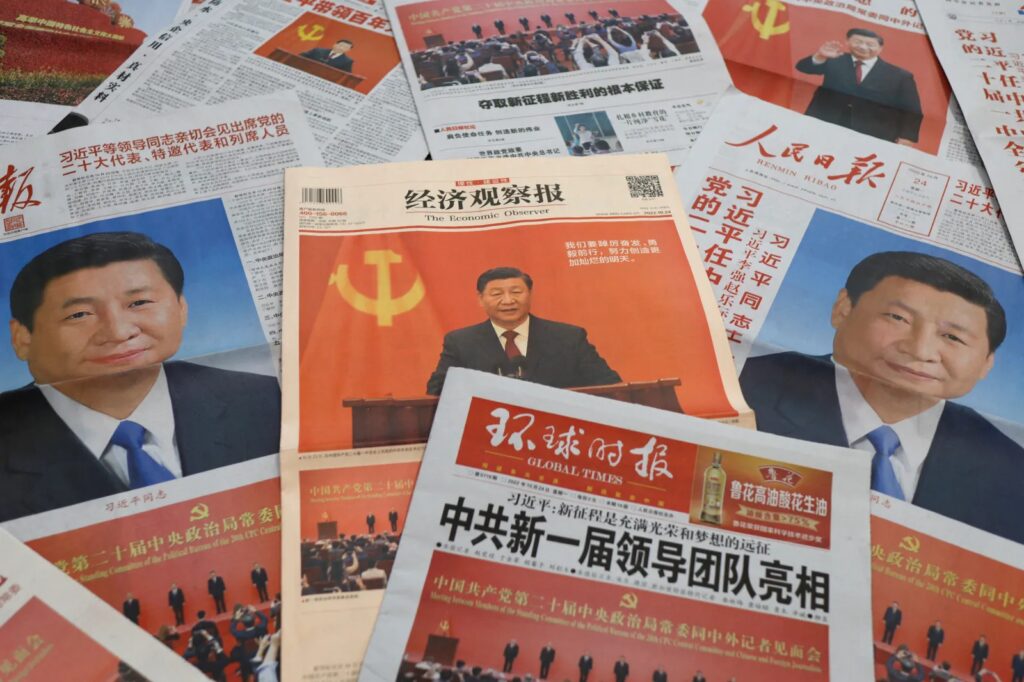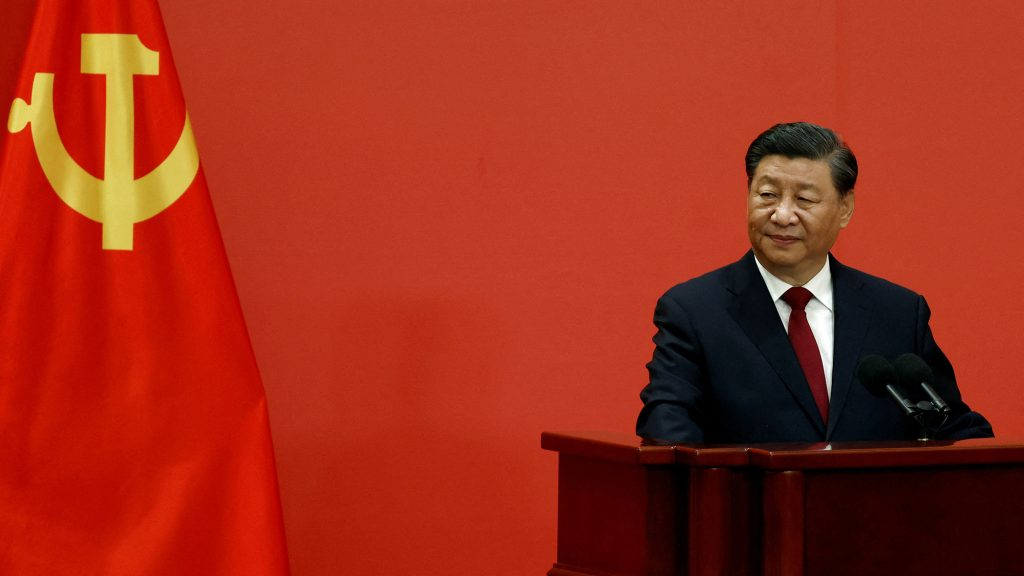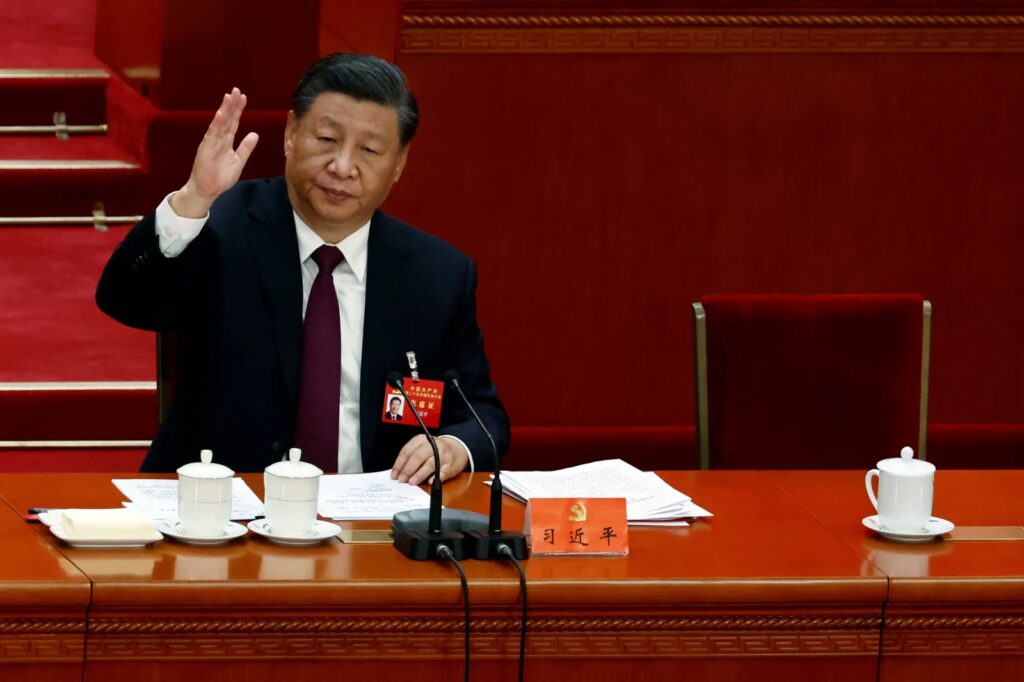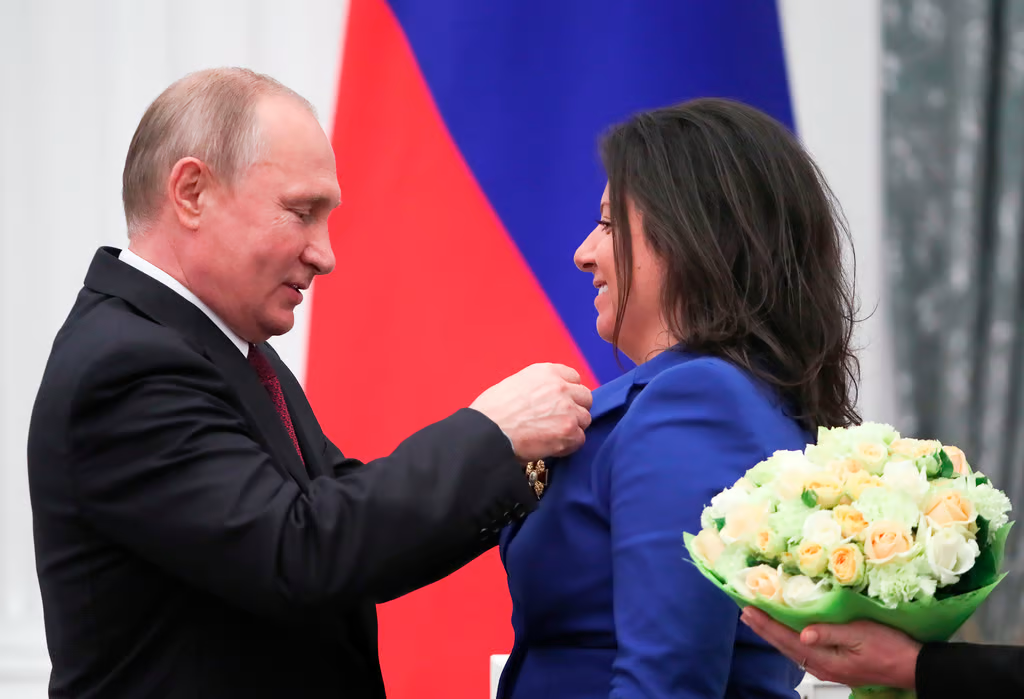Jacques Ellul And The Idols Of Transhumanism – Analysis

Transhumanism is a vision of the future of humanity in which applied technologies are supposed to enhance and upgrade human existence. According to the transhumanist story, evolution has brought us very far indeed—to the moon and back, so far. Yet as an intelligent species, humanity is still very primitive and thus stands in need of upgrading. Given the rise of new technologies, transhumanists argue that we can—nay, should!—overcome our current evolutionary limitations in terms of physiology, emotion, cognition, and (at least sometimes) morality.

